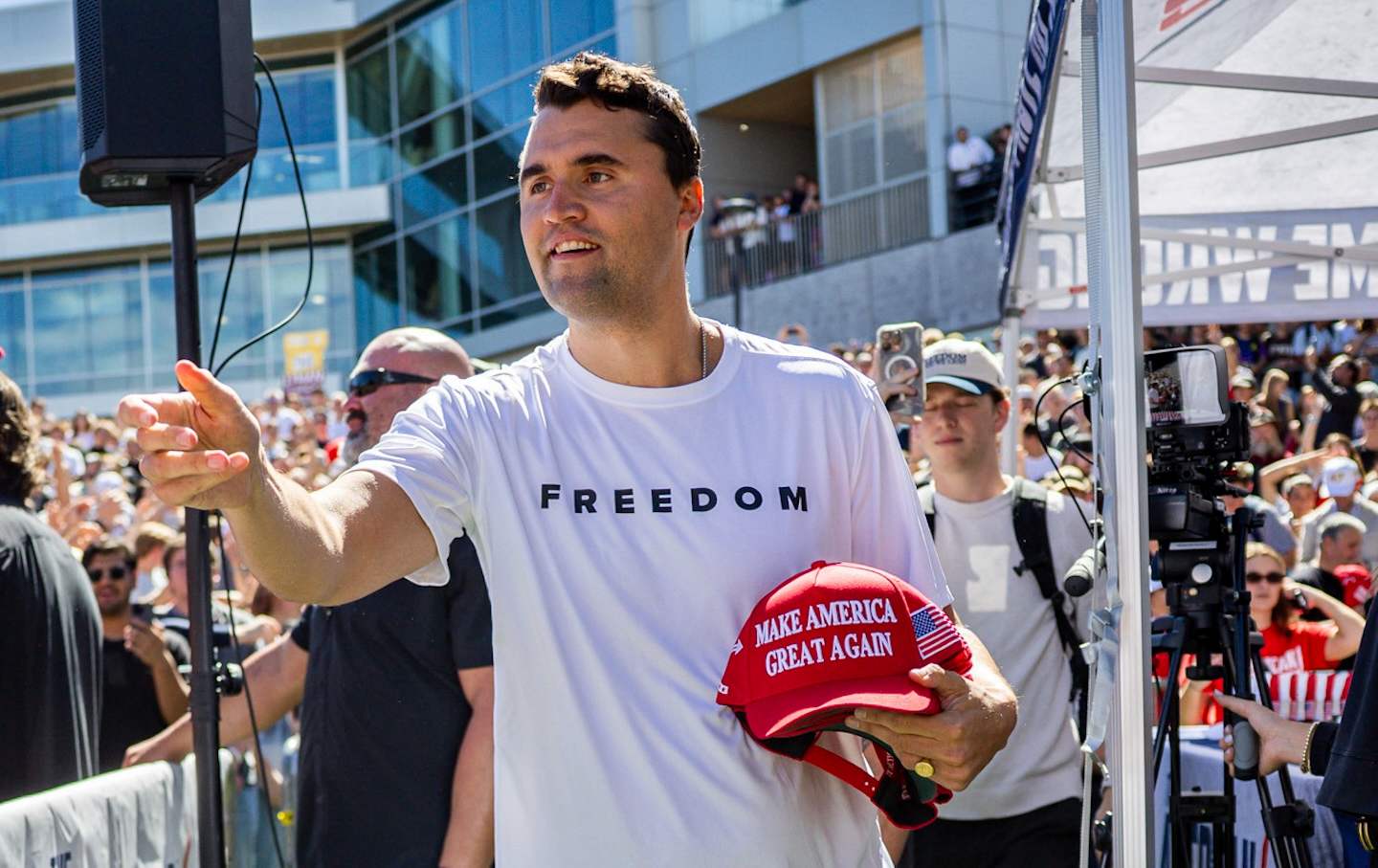On the day of the nationwide protests under the banner “No Kings,” something remarkable occurred: Despite deep divisions and the very real risk of violence, across cities in America, neither side of the political spectrum used the gathering as an excuse for destruction or revenge. Neither protesters nor counter-protesters resorted to violence.
Putting aside whether or not one agrees with the protest, the fact that we got through the day without major incidents of violence is worth recognizing.
On the left, protesters did not descend into vandalism, looting, or property destruction. On the right, there was no large-scale retaliation, no vigilante “revenge,” no vehicles used as weapons, no mobs seeking confrontation.
Police departments nationwide posted messages online noting a lack of arrests at gatherings under their watch. It is not that there were no disagreements or tensions; there clearly were. Still, the hallmark of the day was restraint, not rupture.
This outcome should not be taken for granted. In recent months, the United States has faced tragedies that remind us how fragile political peace really is. In September, Charlie Kirk was murdered while speaking at a public event. In June, Minnesota state Rep. Melissa Hortman and her husband were killed in what law enforcement described as a politically motivated attack.
Their deaths shocked the country and deepened fears that our partisan divide could spill further into bloodshed.
That a day of protest passed without similar violence is not just a fortunate coincidence, but it is a civic act in itself.
Our republic is built on disagreement. However, disagreement works only if we feel free to do so without fear of physical harm and retribution. We all can express strong views, advocate for change, and clash in ideas, not bodies. A protest that ends in broken glass, beaten people, or flames turns dissent into spectacle and democracy into theater of the angry. A protest that ends peacefully reminds us that people with opposite views still share a country.
The recent killings of Kirk and Hortman cast a long shadow over this moment. Their assassinations are stark reminders that the marketplace of ideas has, in tragic instances, been overtaken by the market of bullets.
What we honor when we mention their names is not political alignment or ideology. It is human life — it is public life — it is the fact that someone paid the highest cost for being part of the public conversation. And so when a large-scale protest ends without physical destruction, without assault, without chaos, that is how we honor the memory of those lost.
Nationwide, the No Kings protests were widely covered by national and local media. While the narrative arc had warned of possible violence — and many feared it — the reporting instead noted an unusual absence of it. There were no large viral clips of crowds smashing storefronts, nor were there circulating videos of agitators being met with counter-aggression.
That absence matters. It means that for at least one day, millions of Americans exercised their right to dissent and appear in public squares without turning those squares into battlegrounds.
There are lessons in this moment — lessons that are practical, moral, and political. One is that restraint is a choice. It doesn’t just happen; it results from millions of individual decisions to act with discipline and dignity. Holding our collective nerve matters. When people expect violence and it doesn’t happen, that sets a precedent that can, slowly but surely, weave together the bonds that keep our country together.
It is tempting — easy, even — to focus exclusively on the fractures in our public life: the anger, the division, the fear that the next spark leads to a blaze. However, this day gave us a different story: people with strong convictions turned out, made themselves visible, spoke their minds, and left without tearing anything down. That story is not the absence of dissent; it is the presence of civic order.
Crucially, that peace was not achieved by one side alone. It depended equally on the restraint of Americans who disagreed with the protests —conservatives, libertarians, Trump supporters, people who may have felt mocked or provoked by the message of “No Kings.” They, too, chose calm over confrontation. They did not take the bait. They did not strike back. That discipline and civic maturity deserve equal recognition. The absence of violence was a shared accomplishment, one that required decency and self-control from all corners of our political life.
If we can replicate this — if we can show that we know how to disagree without destroying — then we honor the memories of Charlie Kirk and Melissa Hortman not in words but in action. We demonstrate that their murders need not become the norm. We show that we do value human life and freedom above partisanship.
So here’s to more days like this. Days when a nation can voice its disagreements and still walk away intact. Because if we can show that we are together in the absence of violence, then we stand a better chance of keeping this country whole for many generations to come.


